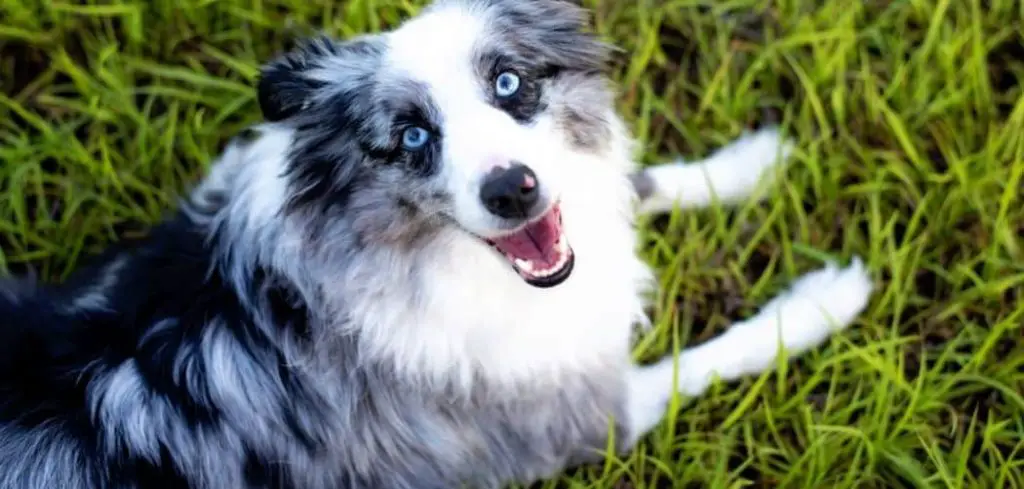It can be confusing when your dog refuses food but seems otherwise fine. As a pet parent, you’re tuned in to the smallest changes in behavior, and when your dog skips a meal or two, it’s natural to worry.
We outline the common reasons why your dog is not eating and acting normal, what you can do at home, and when to seek veterinary help.
Dog Not Eating and Acting Normal — Why It Happens
When your dog isn’t eating but still appears energetic and normal, the underlying cause is often mild, temporary, or behavioral. This could include something as simple as being picky, experiencing minor digestive upset, recent changes to the environment or routine, or heat-related appetite suppression.
In some cases, dogs skip meals due to stress or overfeeding during the day.
However, if the lack of appetite continues beyond a day or two, it may point to more hidden or early-stage health concerns.

Dog Not Eating and Acting Normal: Common Causes
Minor Digestive Upset
A dog might skip a meal if their stomach is mildly irritated.
This could happen after eating something unusual on a walk, chewing grass, or indulging in rich treats.
In these cases, the dog may simply be giving their digestive system a break.
There are often no other signs besides reduced appetite, and most dogs return to eating normally within 24 hours.
Dietary Changes or Food Fatigue
Switching dog food brands or flavors too quickly can result in appetite loss.
Some dogs are also picky and may grow bored of the same kibble, especially if it lacks aroma or flavor.
If your dog has no signs of illness, try warming the food slightly or adding a topper to make it more appealing.
Dog diarrhea and not eating (Causes and what to do)
Environmental or Emotional Stress
Dogs are sensitive to their environment. Moving house, loud noises, visitors, or even schedule changes can affect their eating habits.
Even if they’re acting normal in play or walks, mealtime might be skipped during times of mild anxiety or uncertainty.
Routine often helps. Try feeding in a quiet, familiar space.
Hot Weather
In warmer months, dogs often eat less—especially during the peak of the day.
This is common in double-coated breeds or brachycephalic dogs like Bulldogs or Pugs.
Hydration remains essential. If your dog is drinking normally, a short-term dip in appetite due to heat is usually not worrisome.
Overfeeding or Too Many Treats
If your dog is getting too many treats, table scraps, or high-calorie snacks, they may simply not be hungry by mealtime.
Monitor how many extra calories they’re getting throughout the day.
Cutting back may restore their natural appetite quickly.
Dental Discomfort (Early Stages)
Sometimes, dental issues like tartar buildup, loose teeth, or gum sensitivity make eating uncomfortable.
Dogs may act normally otherwise but avoid chewing.
Try offering soft or wet food. If they show more interest, a dental check may be needed.
What to Do If Your Dog Is Not Eating and Acting Normal
Start by reviewing any recent changes—new food, environment, stress, or feeding schedule.
Offer a bland but appealing option, like boiled chicken and rice, to see if your dog eats something different.
Make sure your dog is drinking water and producing normal urine and stool.
Avoid giving too many treats in place of meals.
Give it 24–48 hours—if your dog resumes eating and remains energetic, it may have been a simple, temporary issue.
When to Call or Visit Your Vet
If your dog refuses all food for more than 48 hours, it’s time to consult your vet—even if they still seem normal.
Hidden issues like dental infections, GI discomfort, or early kidney disease can begin with subtle appetite changes.
Contact your vet sooner if any of the following appear:
Vomiting or diarrhea
Lethargy or decreased activity
Weight loss
Drooling or pawing at the mouth
Swollen belly or signs of discomfort
Refusal to drink water
Sudden fasting may be harmless—but it can also be the first sign of a deeper problem. Trust your instincts.
Read more: Dog Not Eating and Drinking a Lot of Water (What this means)
Key Takeaway
If your dog is not eating but otherwise acting normal, it’s often due to minor digestive upset, pickiness, or heat.
You can usually monitor them for 24–48 hours and try home remedies like bland food or reducing treats.
But if the behavior persists or other symptoms appear, don’t delay getting your vet involved.
Loss of appetite can be an early red flag—catching it early can make all the difference.
